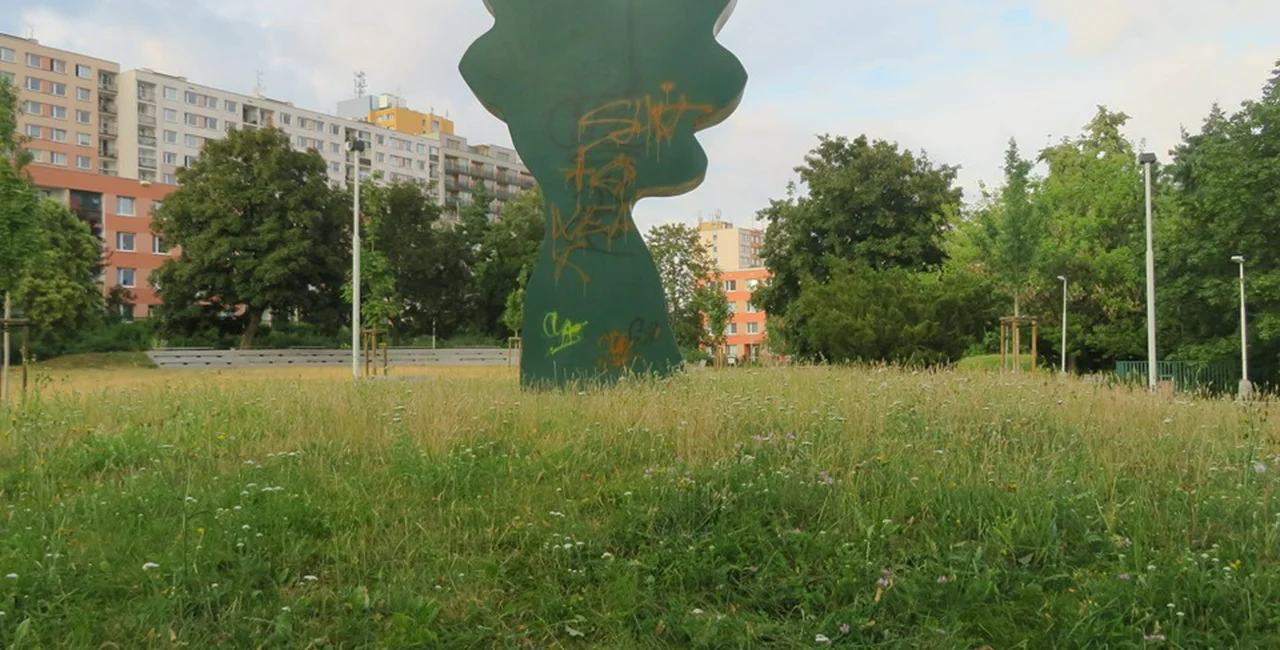Prague is in the process of banning the use of glyphosate, a controversial herbicide, on city property. City Hall’s Committee on Infrastructure, Technical Equipment and the Environment has recommended that the city not to use glyphosate in its own activities or in the execution of public contracts on urban land.
The recommendation
applies to city authorities, city organizations and neighborhoods.
Prague City Hall claims glyphosate endangers the environment and
public health, but its main manufacturer and distributor, Bayer,
disputes that claim.
Glyphosate-based products are used for weed control. The World Health Organization (WHO) included it in a list of probable human carcinogens in 2015. Contact with skin is particularly dangerous for children and pregnant women.
Glyphosate is the
main ingredient in Roundup, which formerly was made by Monsanto and,
following a 2018 merger, is now made and sold by German
pharmaceutical and agrochemical firm Bayer.
“The environment
is burdened with many dangerous chemicals whose harmfulness has not
been addressed by people in the past. Glyphosate, better known as
Roundup, is one of them. Today we know that they are carcinogenic and
that they have a negative impact not only on the health of the
population, but also on the whole ecosystem. That is why they will no
longer be used in Prague,” Prague Deputy Mayor Petr Hlubuček
(United Force for Prague), responsible for the environment, said.
Glyphosate can be safely replaced either mechanically, by manual weed removal, or by mowers with rotating brushes and harrows, or by thermal methods such as hot air, hot steam, or infrared radiation.
“I am glad that
the Environment Committee, on my proposal, adopted a recommendation
to limit the use of glyphosate for the maintenance of public greenery
in city organizations and neighborhoods. There is no need to further
burden nature with poisons when there are alternative methods of weed
removal, such as mechanical means or hot steam,” Tomáš Murňák
(Pirates), Vice Chairman of the Committee on Infrastructure,
Technical Equipment and Environment of the City of Prague, said.
Committee Chairwoman
Jana Plamínková (United Force for Prague) added that “the trend
in weed control in greenery maintenance is the use of boiling water
instead of glyphosate.”
The Prague 12
district has not used glyphosate on its land for a long time. “This
herbicide is associated with risks to public health and environmental
damage. That is why we banned its use in 2011 and replaced it with
alternative methods such as mechanical weed removal,” Prague 12
Deputy Mayor Eva Tylová said. She was involved in initiating the ban
in her district.
In Germany and Austria, the exclusion of glyphosate from urban greenery maintenance has become a common practice. In addition, the European Parliament adopted a resolution last year to ban them by 2022.
France banned
Roundup 360 in March 2017, based on WHO research, though exemptions
for many farmers have been granted. In April 2014, the Netherlands
passed legislation prohibiting sale of glyphosate to individuals for
use at home.
Roundup is at the center of close to 9,000 lawsuits in US over claims that it caused health issues such as Non-Hodgkins lymphoma. Bayer has lost several of those cases, but the verdicts are being appealed. In once case in California, a superior court judge ordered Bayer to pay more than $ 2.5 billion in damages to a couple. That has since been reduced to $86.7 million.
Monsanto developed
and patented the glyphosate molecule in the 1970s, and marketed it as
Roundup from 1973.












 Reading time: 3 minutes
Reading time: 3 minutes 


























